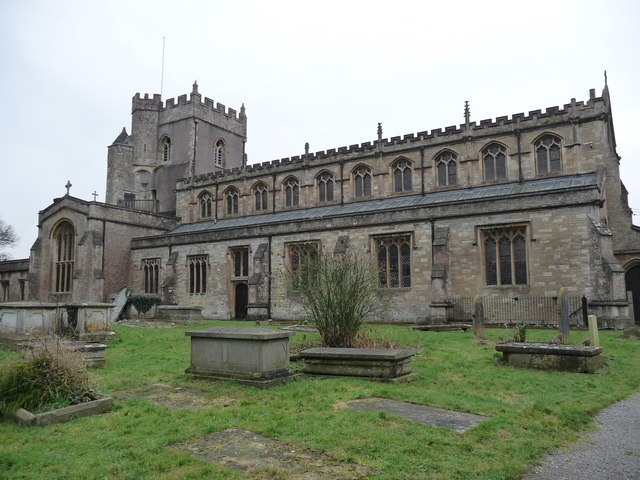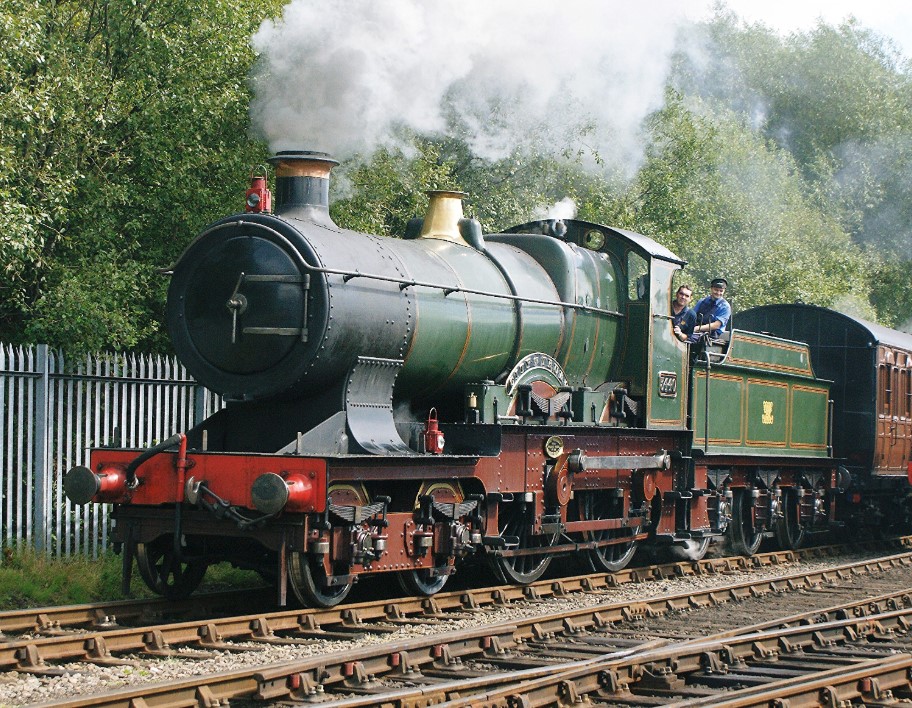Introduction
James Jones Packer was a journeyman baker employed by Albert Squire at Hardington Moor during the early 1880s. He had previously worked as a baker in his home village of Rode, where he had met his future wife. According to family lore, they eloped, but the reality is less sensational. After a brief period at Shaftesbury, they moved to Hardington, where they stayed for about three years. After leaving Hardington, they moved to the Bath area, which offered greater opportunities. James quit bakery work and joined the Great Western Railway.
Early life in Rode
James was born at Rode, Somerset, in 1860, the third of three children born to John and Mary Ann Packer.[1] His parents married at a Baptist chapel in Frome six years earlier. His father was a farm labourer and later a wool dyer and gardener.
By April 1861, the family lived in Lower Street and by April 1871, they had moved to Upper Street. In this street was the Cross Keys Inn, occupied by Henry Fussell, an innkeeper, grocer and baker. When Henry died in 1875, his son, Sidney, took over his business.
Courtship and marriage
The Cross Keys Inn was to prove pivotal in James Packer’s life. While working there as a baker, he formed a strong attachment to Henry Fussell’s daughter, Fanny, who worked in the family business as a barmaid. Following her mother’s death in November 1878, Fanny and her nine siblings inherited an equal share in their late father’s estate, which was valued at “under £600” at the time of his death.[2] Contrary to family tradition, James did not elope with Fanny; in fact, both of her parents were deceased, granting her freedom to make her own choices.
Following her mother’s death, Fanny moved to Warminster, where her sister, Mary, lived with her husband, Charles Wilson. James, meanwhile, moved to Shaftesbury to work as a baker. On 20 May 1879, James and Fanny married at St Deny’s Church, Warminster, with Charles and Mary Wilson acting as witnesses. At the time of the marriage, Fanny was four months pregnant with their first child. While the marriage register recorded James’s age as 22 and Fanny’s age as 32, their actual ages were 19 and 35, respectively.
First marital home in Shaftesbury
Fanny joined James at Shaftesbury, and their first child, William Henry, was born there on 4 October 1879.
Life at Hardington
By July 1880, James and his family had moved to Hardington.[3] The record of a court case of 6 June 1883 reveals that James was a journeyman baker employed by Albert Squire, a baker and grocer at Hardington Moor.[4]
Their time in Hardington only lasted a few years, possibly cut short by the court case in which James testified against a neighbour accused of stealing straw from Albert Squire. This testimony may have sparked hostility and resentment in some quarters. On 11 August 1883, James and Fanny organised a sale of their furniture and effects because they were leaving the village.[5]
Career with the Great Western Railway
James joined the Great Western Railway as a ganger. The newspaper account of his funeral states that he was employed as a ganger and served the railway company for about thirty years.[6] The census returns show that he began as a railway platelayer (or ganger) and was an engine driver by April 1911.
Residences
By March 1885, James and his family lived in Keynsham. By April 1891, they had moved to Bath, residing at 2 Greenfield Place, Lyncombe and Widcombe.
Subsequently, they moved a few miles east of Bath. By March 1901, they lived at 2 Rose Cottages, Bathampton, where James worked as an engine driver at a sawmill. By April 1911, they lived at Brookside, Batheaston, where James worked as an “Engineman” for a railway company. He was still there ten years later, working as an “Engineman” for the Great Western Railway.
Death and military funeral
James’s final residence was Yew Cottage, Batheaston. He died intestate on 1 January 1935, aged 74, leaving effects valued at £632-9s-8d. His wife had predeceased him, dying on July 15, 1926, at the age of 82.
James was laid to rest with military honours. Members of the 4th Somerset Light Infantry carried his coffin and sounded the “Last Post” and “Reveille” over his grave. This special ceremony occurred because he was an old Volunteer with the regiment, having served for thirty years, including about fifteen years as a sergeant. In recognition of his service, the regiment had previously awarded him the Territorial Long Service Award.[7]
The funeral account also states that James had been the secretary of the Bathford Lodge of the Wiltshire Working Men’s Conservative Benefit Society since its inception some thirty years earlier.[8]
Children
James and Fanny had four sons, one of whom died in infancy, and one daughter, Kate Elizabeth, who died in 1898, aged 12. Two of their sons joined the Somerset Light Infantry as regulars, and the third as a Territorial.[9]
References
[1] The 1911 census refers to two other children, who probably died in infancy.
[2] The will of Henry Fussell, dated 4 April 1875, proved at Wells on 29 May 1875. As Henry’s son, Sidney, took on the Cross Keys Inn, Sidney probably bought out his siblings.
[3] Western Gazette, 4 July 1880, p.4.
[4] Western Gazette, 8 June 1883, p.6.
[5] Western Gazette, 10 August 1883, p.5.
[6] Bath Chronicle, 12 January 1935, p.12.
[7] Bath Chronicle, 12 January 1935, p.12.
[8] Bath Chronicle, 12 January 1935, p.12.
[9] Bath Chronicle, 12 January 1935, p.12.


